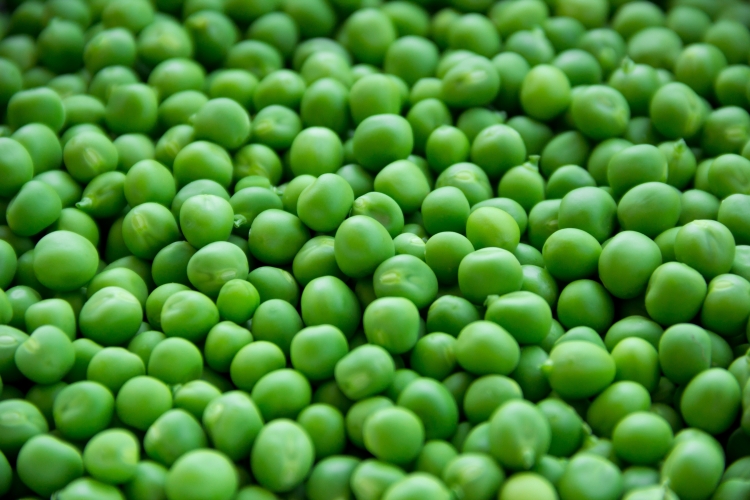The Bean Scene

A legume refers to any plant from the Fabaceae(fab-AY-see-eye) family that would include its leaves, stems, and pods.
Pulses include beans, lentils, and peas. For example, a pea pod is a legume, but the pea inside the pod is the pulse = edible seeds.
'Bean'efits
Legumes & Pulses are excellent sources of dietary fiber, protein, B vitamins and many other important vitamins and minerals.
Why is fiber important? It promotes gut health, aids in digestion, helps manage blood sugar levels, promotes fullness and helps us maintain healthy cholesterol levels.
Here are some ideas for adding legumes to your diet:
•soups or stews that include legumes and grains
•salads made with beans and nuts or seeds
•a peanut butter sandwich on whole-grain bread
•hummus with whole-wheat pita bread•tofu or tempeh with brown rice or quinoa
•tofu stir-fry with whole-grain noodles and peanuts
•beans and brown rice
Reducing the gas factor:
•Change the water several times during soaking
•Use fresh water to cook the beans
•Simmer beans slowly, until they are tender and digestible
•Try canned beans as canning process breaks down the gas-producing carbs into digestible form (look for low sodium options!)
•Add beans gradually to your diet
•Drink plenty of water
•Exercise regularly
